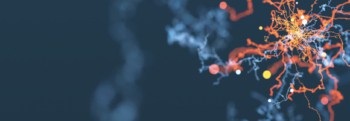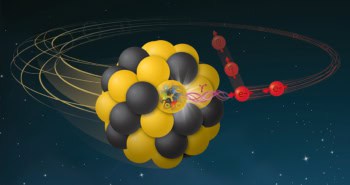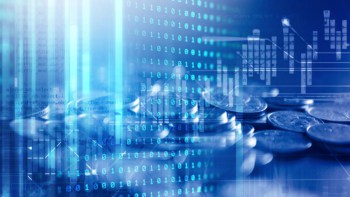The Electrochemical Society’s annual Free the Science Week is part of a longer term ambition to make all of the research in its publications free to read, and with no cost to the author

The intense global effort to produce more sustainable power sources has swelled the ranks of scientists and engineers who depend upon electrochemistry to develop better solutions for energy storage and generation. At the same time, experimentalists in many other disciplines are increasingly turning to novel electrochemical techniques to probe and understand fundamental processes in both physical and biological systems.
That growing interest in electrochemical science and engineering has prompted The Electrochemical Society (ECS), an international non-profit scholarly organization, to find new ways to widen access to the crucial knowledge contained within its various publications. From 3 April, in an annual event called “Free the Science Week”, the society will lift the subscription paywall on more than 170,000 articles across its entire digital library – which includes journals, conference proceedings, and the society’s Interface magazine – allowing researchers across the globe to explore the archive as well as the latest research results.
“Free the Science Week is a great way to introduce our articles to people who might not normally be able to access them directly,” says Robert Savinell of Case Western Reserve University in Cleveland, Ohio, who is editor-in-chief of the 120-year-old Journal of the Electrochemical Society (JES). “The future of publications, the future of science, is open access, and Free the Science Week is an important initiative towards making all of our publications open access in the future.”
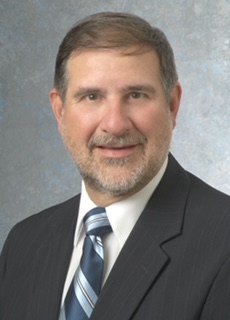
During Free the Science Week, which launched in 2015, article downloads across all ECS publications typically see an uplift of around 25%. “The mission of the ECS is to advance electrochemical and solid-state science and allied technologies, and to encourage research, discussion, critical assessment, and dissemination of knowledge in these fields,” comments Adrian Plummer, Director of Publications at the ECS. “This creates an obligation for us to use our time, talent, and resources to remove barriers to our world-class content, and Free the Science Week is one way to achieve this.”
One key goal, says Plummer, is to ensure that scientists in any part of the world can access the scientific information they need to advance their research. “ECS is deeply committed to fostering diversity, equity, and inclusion, which includes physical and cultural demographics as well as socio-economic factors,” she says. “Free the Science Week opens access to ECS content to regions of the world that might otherwise be excluded due to socio-economic barriers.”
Building the readership of ECS content is one thing, but in the last year the society has also launched two new open-access journals to enable the growing community of electrochemical scientists and engineers to share their latest research findings. “Electrochemistry and electrochemical engineering is an expanding field,” comments Savinell. “We felt that our two established journals [JES and the Journal of Solid State Science and Technology (JSS)] were not really big enough to serve our whole community, so we wanted to widen the opportunity for researchers to publish novel work in an ECS journal while also maintaining the scope and ethos of our existing publications.”
The idea behind the first of the new journals, ECS Advances, is to provide an outlet for the full diversity of modern electrochemical research – ranging from innovative engineering approaches through to interesting new data and novel analytical techniques. “These papers are vital to advance the field, but they may not be the best fit for our current journals,” says Savinell. “ECS Advances allows us to reflect the broadening range of electrochemical research, from energy storage and fuel cells through to the development of new measurement techniques to help understand both physical and biological phenomena.”
While ECS Advances is designed to attract a wider range of papers, Savinell says that quality will be maintained through a rigorous and supportive peer-review process. “Our aim is to provide professional and constructive feedback, which will help our authors to publish better papers,” he says. “As a society journal, our authors can also be sure that the readership of ECS Advances will appreciate their valuable contributions.”
The other new addition, ECS Sensors Plus, offers a dedicated publication for any research related to sensor technologies and systems. “Sensors are the gateway to the world, and are an important enabler for sustainable development,” says editor-in-chief Ajit Khosla, who is based at Yamagata University in Japan. “They are the fundamental driving factor that provide the data needed for all modern technologies, whether for healthcare, ecosystem monitoring, or space technology, robotics and industry 4.0.”
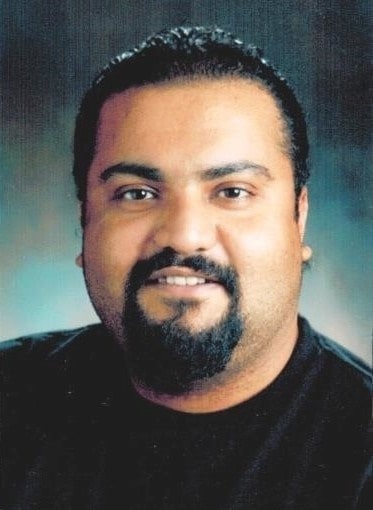
While sensor technologies have previously featured in both JES and JSS as a joint technical interest area, Khosla points out that ECS Sensors Plus will encompass all types of devices and systems – not just those that rely on electrochemistry. His main goal, however, is to provide a forum for researchers from different disciplines to consider all the elements needed to develop a practical sensor system. “Sensors must be small enough to be fitted in any location, plus they need a viable source of power as well as some form of wireless communications,” he explains. “We want to bring the whole community together into one journal to provide a focus on building practical, integrated sensors.”
As with ECS Advances, one key objective for Khosla is to encourage contributions from all parts of world. “We need to encourage authors from emerging scientific nations who write a paper that adds some value to the community, even if it is not at the cutting edge,” he says. “They are going through a learning curve, and we can help them to develop and improve.”
That desire for diversity is reflected in the editorial team that Khosla has assembled to oversee the journal and its peer-review process. A small number of associate editors, plus a much larger advisory board, includes scientists and engineers of different genders, from different geographic regions, and at different stages of their career. “We need to give opportunities to everyone who is part of the scientific community, and we need to give them representation,” he insists. “They need to be equal stakeholders, and to be in a position of authority where they are able to bring change.”
Both new journals will be published on a gold open-access basis, although all article processing charges (APCs) will be waived for at least the first year. Even then, the APC will be set at an affordable $1350, with full waivers available for some authors and significant discounts for ECS members and students.
The launch of these two open-access journals, along with the continuing success of Free the Science Week, represent important stepping stones towards the society’s long-term ambition of making all of its research content free to read and free for authors to publish. “The ultimate goal of Free the Science is to provide open access to readers and authors at no cost,” says Christopher Jannuzzi, CEO and Executive Director of the ECS. “It is a bold, aspirational initiative that is already having enormous impact on the broader ECS community.”
Indeed, more than a third of articles in ECS publications have been published open access since 2020, and Jannuzzi points out that various initiatives – including the fee-waiver programmes already established for JES and JSS – have ensured that fewer than half of those authors have paid an APC. “This is an excellent start, but we still have farther to go,” he says. “That is why Free the Science Week is so important. It shows the value that free, unlimited dissemination of the society’s highly peer-reviewed content can have on the broader technical community.”
- This year’s Free the Science Week runs from 3–10 April 2022. Visit the ECS Digital Library to explore and download more than 170,000 articles.

